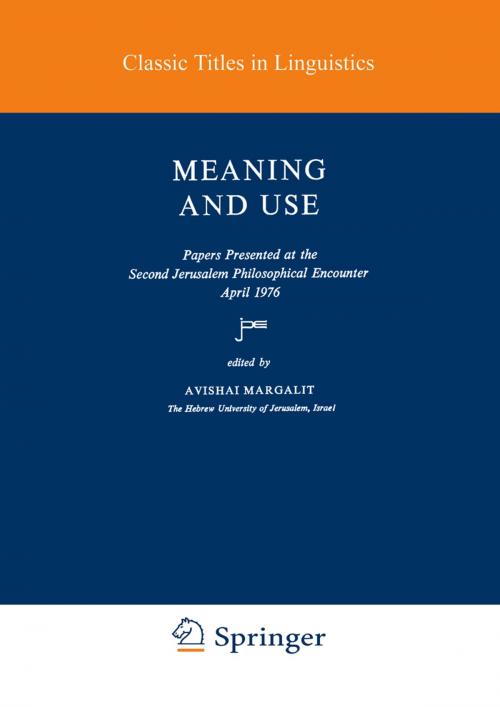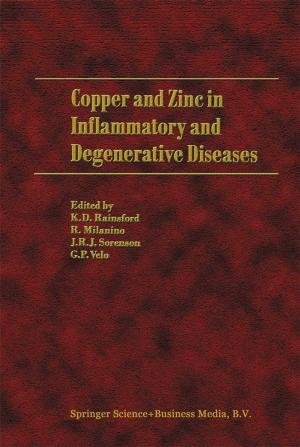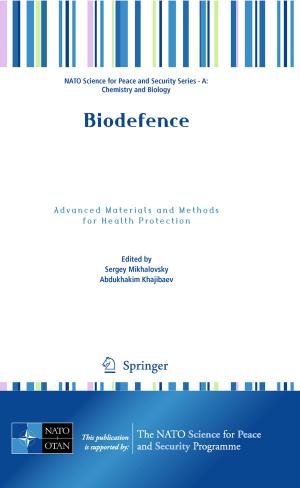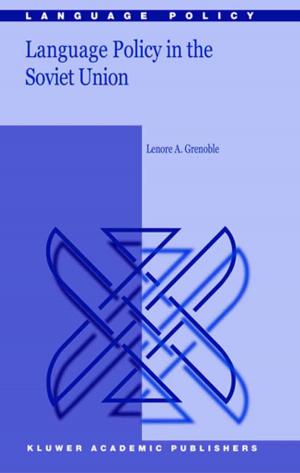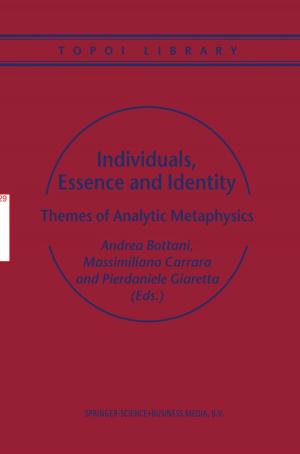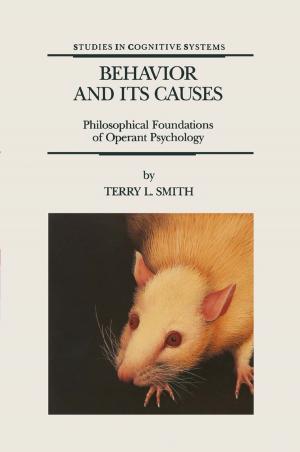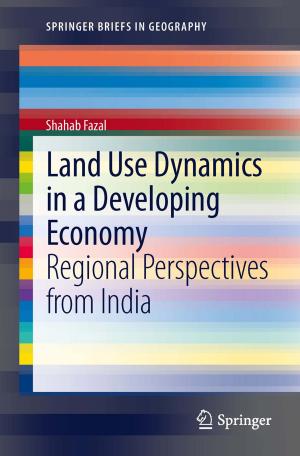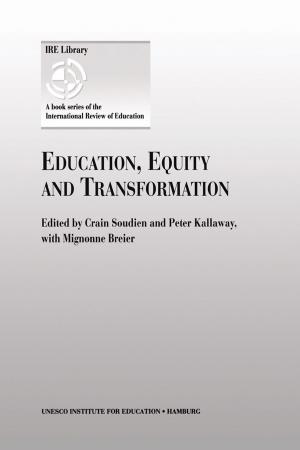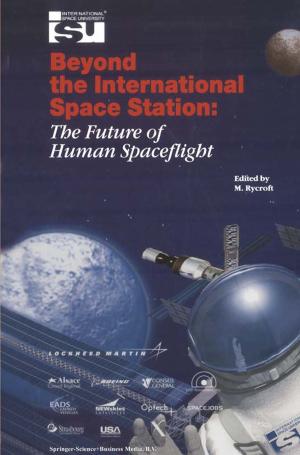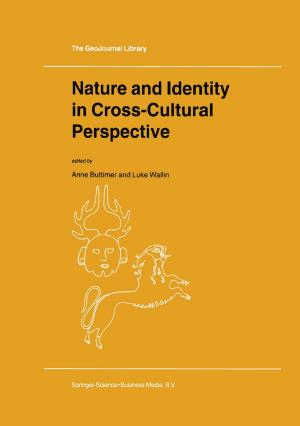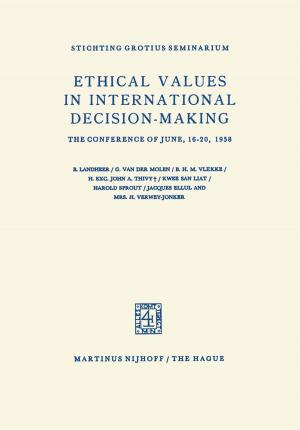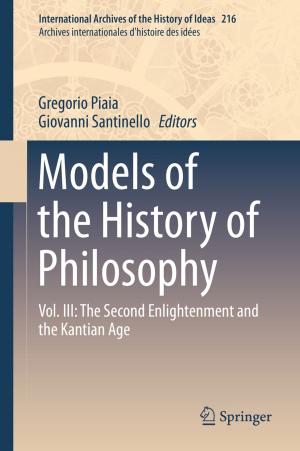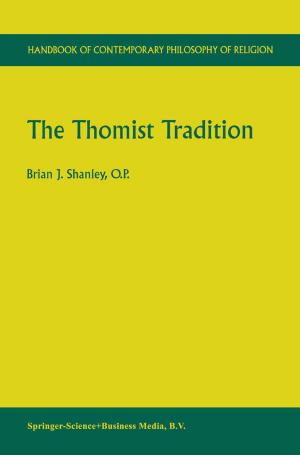Meaning and Use
Nonfiction, Religion & Spirituality, Philosophy, Reference, Reference & Language, Language Arts, Linguistics| Author: | ISBN: | 9781402041044 | |
| Publisher: | Springer Netherlands | Publication: | November 14, 2007 |
| Imprint: | Springer | Language: | English |
| Author: | |
| ISBN: | 9781402041044 |
| Publisher: | Springer Netherlands |
| Publication: | November 14, 2007 |
| Imprint: | Springer |
| Language: | English |
The second Jerusalem Philosophical Encounter was held in Jerusalem on April 25-28, 1976. The symposium was originally planned to celebrate the 60th birthday of Y ehoshua Bar-Hillel, philosopher and friend. But his sudden death intervened, and turned celebration into commemoration. The topic of the symposiumwas Meaning and Use. For Bar-Hillel, the question 'meaning or use?' was of great importance, one which he took as a question of priorities. Which approach to natural language is prior: the formal, semantical approach, which accords a central position to the truth functional concept of meaning and to the theory of reference, or rather the alternative approach which accords the central position to linguistic commu nication and prefers dealing with speech acts to dealing with Statements? Bar Hillel's answer to this question, in his later years, can be summed up by our title, meaning and use: neither approach deserves priority, each is equally necessary, and they both complement each other. Those familiar with Bar Hillel's uncompromising intellectual honesty would know that this answer does not reflect a superficial wish for domestic peace, but stems rather from deep and informed convictions. The issues of meaning and use dominated Bar-Hillel's intellectuallife. At the same time his day-to-day existence was guided by the idea that the meaning of life is to be found in being useful, particularly in being useful to the community of seekers of knowledge.
The second Jerusalem Philosophical Encounter was held in Jerusalem on April 25-28, 1976. The symposium was originally planned to celebrate the 60th birthday of Y ehoshua Bar-Hillel, philosopher and friend. But his sudden death intervened, and turned celebration into commemoration. The topic of the symposiumwas Meaning and Use. For Bar-Hillel, the question 'meaning or use?' was of great importance, one which he took as a question of priorities. Which approach to natural language is prior: the formal, semantical approach, which accords a central position to the truth functional concept of meaning and to the theory of reference, or rather the alternative approach which accords the central position to linguistic commu nication and prefers dealing with speech acts to dealing with Statements? Bar Hillel's answer to this question, in his later years, can be summed up by our title, meaning and use: neither approach deserves priority, each is equally necessary, and they both complement each other. Those familiar with Bar Hillel's uncompromising intellectual honesty would know that this answer does not reflect a superficial wish for domestic peace, but stems rather from deep and informed convictions. The issues of meaning and use dominated Bar-Hillel's intellectuallife. At the same time his day-to-day existence was guided by the idea that the meaning of life is to be found in being useful, particularly in being useful to the community of seekers of knowledge.
